
The University of St Andrews has removed Stella Maris from its governing body, culminating a contentious saga that began shortly after her election as rector last year. The dismissal stems from Maris's controversial statements about the Israel-Gaza conflict, which have sparked intense debate about free speech and student welfare on campus.
The controversy ignited in November when Maris, in an email to students, accused Israel of "genocidal attacks" against Gaza. She also condemned "practices such as apartheid, siege, illegal occupation and collective punishment" in the treatment of Palestinians, while also denouncing Hamas's actions as war crimes.
Maris's email, which included a link to a pro-Palestinian website, prompted immediate backlash. Over 1,400 students and alumni signed an open letter calling for her resignation, arguing that her comments could "embolden hatred towards Jewish students" and spread "a certain narrative of antisemitism."
The university commissioned an investigation led by Lady Morag Ross KC, which found that Maris's statements caused "anxiety and fear" among some Jewish students, while others felt "validated and heard." The 80-page report concluded that Maris had caused reputational damage to the university.
Ray Perman, chair of the university's governing court, stated that Maris was found to be in "serious and persistent breach of her responsibilities." However, he emphasized that the decision does not infringe on Maris's freedom of speech.
Maris, who will retain her position as rector until 2026, has decried the decision as setting a "dangerous precedent for freedom of speech." She maintains that her use of terms like "genocidal" and "apartheid" is "supported by numerous human rights organizations" and rejects accusations of antisemitism.
As Maris intends to appeal the decision, the debate over academic freedom and responsibility at St Andrews is far from settled.
* The Jewish Chronicle contributed to this article.











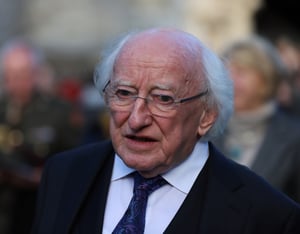


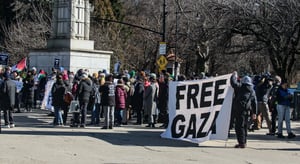






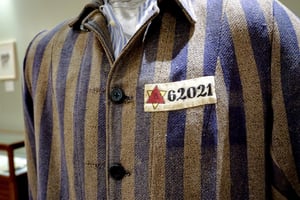
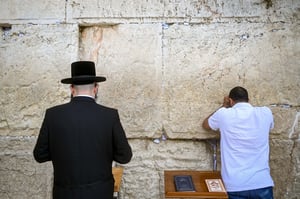

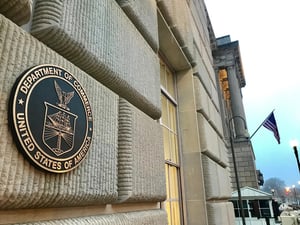




1 Comments